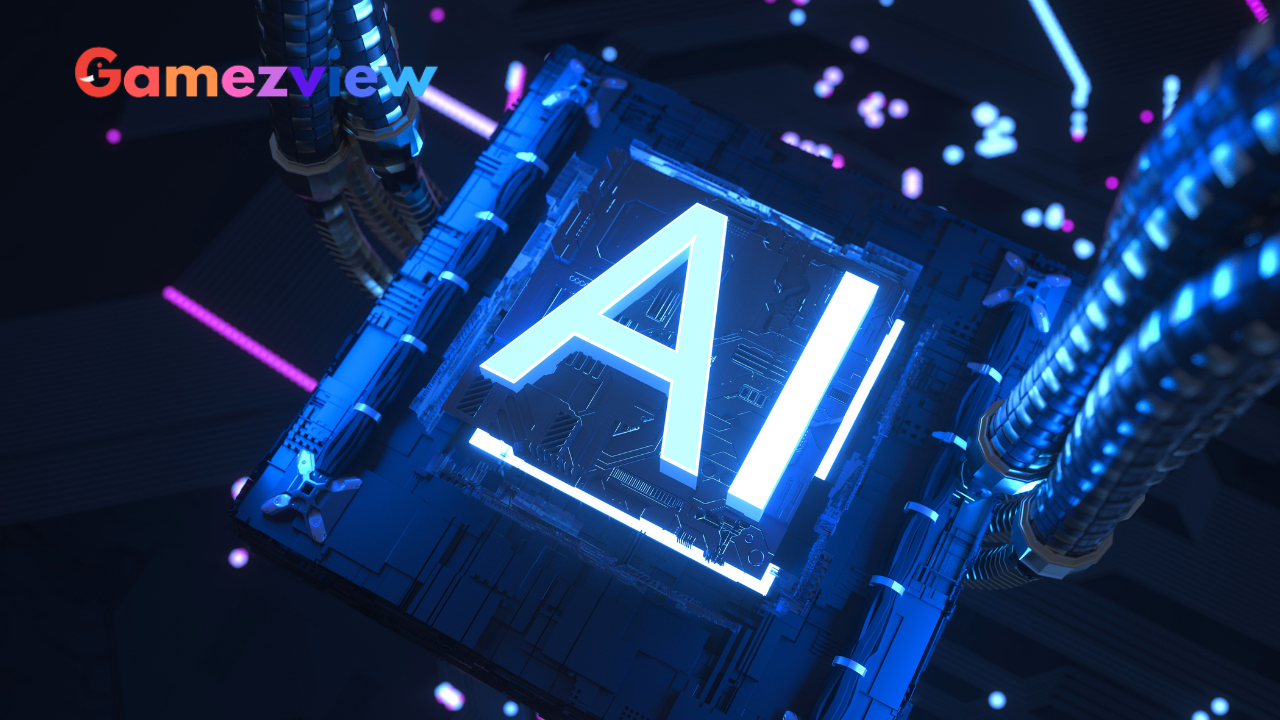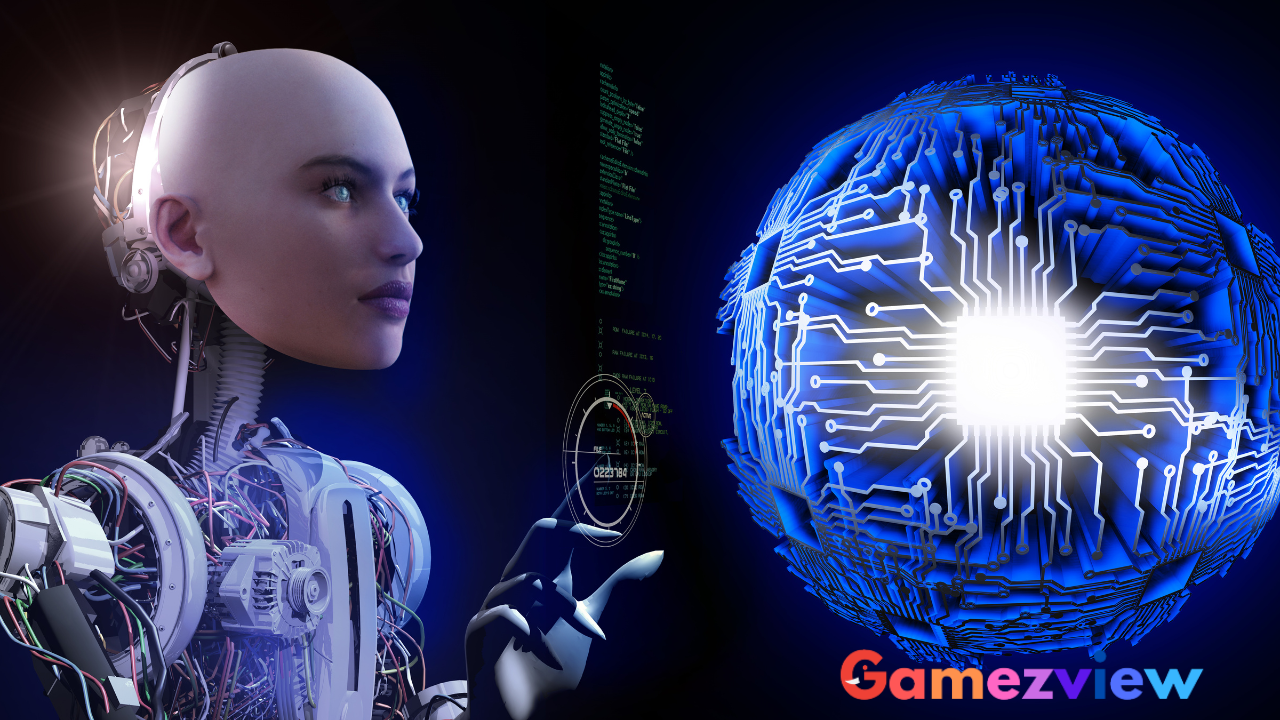In recent years integration of artificial intelligence (AI) into video games has revolutionized the gaming industry. From enhancing gameplay experiences to creating immersive environments, AI technology continues to shape the future of gaming. In this article, we delve into the exciting realm of AI in video games, exploring its evolution, current applications, and the potential it holds for the future.
Evolution of AI in Gaming
The journey of AI in gaming traces back to its humble beginnings, where simplistic algorithms powered non-player characters (NPCs) in early video games. As technology advanced, so did AI capabilities, leading to more sophisticated behaviours and decision-making processes within games. Today, AI algorithms enable NPCs to adapt to player actions, providing dynamic and engaging gameplay experiences.
From Rule-Based Systems to Machine Learning
Initially, AI in video games relied on rule-based systems, where predefined instructions governed NPC behaviour. However, the advent of machine learning algorithms revolutionized the landscape, allowing NPCs to learn and evolve based on experience. This shift marked a significant leap forward in AI-powered gaming, enabling more realistic and unpredictable interactions.
Current Applications of AI in Video Games
The present-day gaming industry showcases a diverse array of AI applications, spanning various aspects of game development and gameplay.
1. Intelligent NPCs Enhancing Player Interaction
AI-driven NPCs play a pivotal role in shaping player experiences, offering challenging opponents, interactive allies, and lifelike characters. Through advanced algorithms, NPCs can analyze player behaviour, adapt strategies, and provide a dynamic gaming environment.
2. Procedural Content Generation for Endless Possibilities
AI algorithms are utilized to generate procedural content, including terrain, levels, and missions, ensuring endless possibilities for players to explore. This approach not only enhances replay value but also reduces development time and resources.
3. Real-time Analytics for Player Engagement
AI-powered analytics tools enable developers to gain insights into player behaviour, preferences, and engagement patterns in real-time. This data-driven approach empowers developers to tailor gaming experiences, optimize monetization strategies, and foster community engagement.
The Future Outlook: Advancements and Opportunities
Looking ahead, the future of AI in video games holds immense promise, with several exciting advancements and opportunities on the horizon.
1. Enhanced Immersion through Emotional AI
Future games are poised to leverage emotional AI algorithms, enabling NPCs to express nuanced emotions and respond empathetically to player actions. This heightened level of immersion fosters deeper connections between players and in-game characters, elevating storytelling and gameplay experiences.
2. AI-Driven Dynamic Narratives
AI-powered dynamic narrative systems are set to revolutionize storytelling in video games, offering personalized storylines that adapt to player choices and actions. By dynamically adjusting plot twists, character interactions, and outcomes, these systems create truly immersive and personalized gaming experiences.
3. Ethical Considerations and Responsible AI Development
As AI continues to permeate the gaming landscape, it becomes imperative to address ethical considerations and ensure responsible AI development. From mitigating algorithmic biases to safeguarding player privacy, industry stakeholders must prioritize ethical AI practices to build trust and sustainability.
The Future of Artificial Intelligence in Video Games
The future of artificial intelligence in video games is characterized by innovation, creativity, and endless possibilities. As technology continues to advance, AI-driven gaming experiences will evolve, offering unparalleled levels of immersion, interactivity, and personalization. By embracing AI responsibly and ethically, the gaming industry can unlock new frontiers of creativity and deliver unforgettable experiences to players worldwide.
FAQs (Frequently Asked Questions)
1. How is AI shaping the future of video games?
AI is revolutionizing video games by enhancing NPC behaviour, enabling procedural content generation, and providing real-time analytics for player engagement.
2. What are some upcoming advancements in AI-powered gaming?
Upcoming advancements include emotional AI for lifelike character interactions, dynamic narrative systems, and ethical considerations for responsible AI development.
3. How can developers leverage AI to create immersive gaming experiences?
Developers can leverage AI for intelligent NPCs, procedural content generation, real-time analytics, emotional AI, dynamic narratives, and ethical AI practices.
4. What are the benefits of incorporating AI into video games?
Benefits include enhanced gameplay experiences, personalized storytelling, increased replay value, optimized development processes, and insights-driven decision-making.
5. What are some ethical considerations in AI-driven gaming?
Ethical considerations include algorithmic biases, player privacy concerns, responsible AI development, transparency in AI systems, and fostering inclusivity and diversity in gaming.
6. How can players contribute to the advancement of AI in gaming?
Players can provide feedback to developers, participate in beta testing, support initiatives for ethical AI practices, and advocate for diversity and inclusivity in gaming communities.





